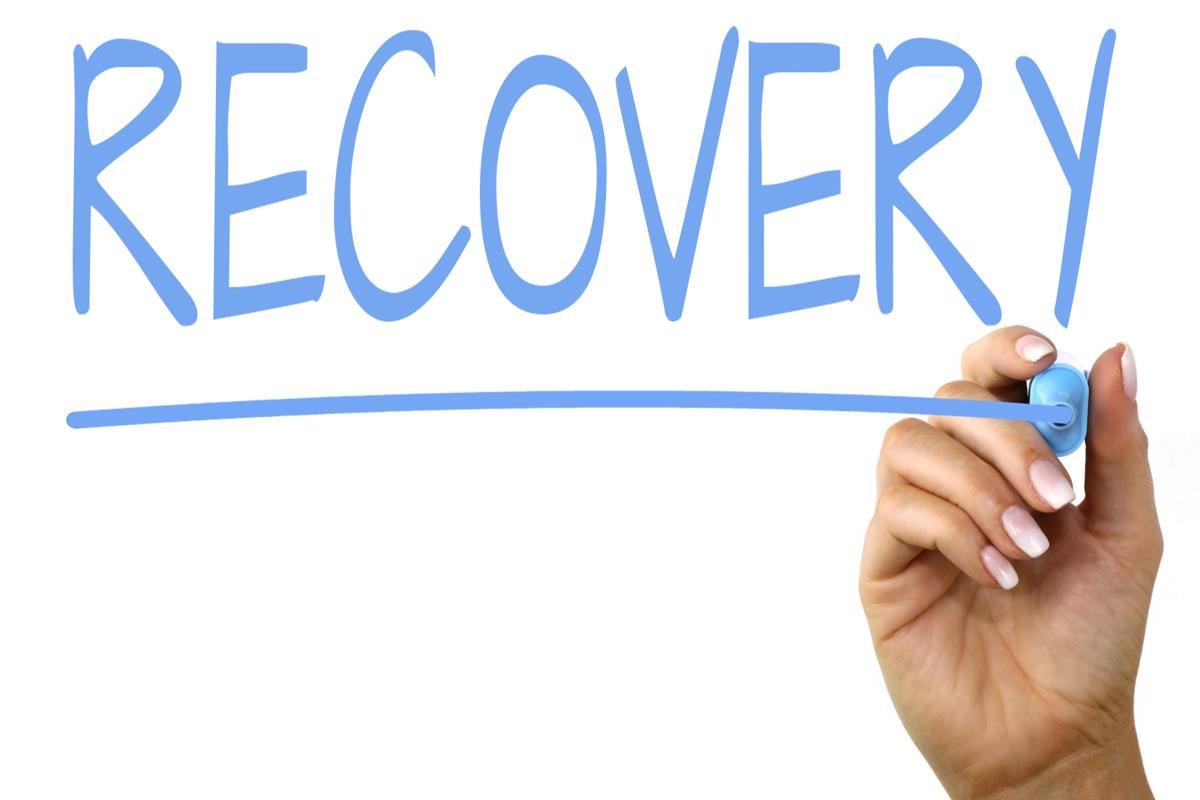Difference Between Abstinence and Recovery
What is Abstinence and Recovery?
Abstinence is not same as recovery as many people think. When alcoholic practices are stopped to heal the physical body, then it is abstinence. But when all the aspects like the spiritual, mental and physical being are addressed to get back to the normal state of mind, strength and mind to live a life with honestly and, then it is recovery.
Being abstinence incites individuals to stop using the substance. Recovery involves promoting a person to move away from alcohol or drugs along with working towards bringing a positive change in their behaviour from addressing the issues that led them to drink and use in the first place. Though abstinence is a prerequisite for recovery but they are actuality very, very different.

What is Abstinence?
Abstinence means “self-imposed restrain on yourself from an indulgence”. This comes along sticking to sheer willpower, white knuckling it, hanging on by a thread, being a dry drunk, or holding onto sheer willpower. In abstinence, an individual makes all efforts to stay away from alcohol and drugs, but does not try to address the underlying issue which led to this uncontrollable drinking in the first place or developed as the drinking of alcohol progressed.
Many “sober” drunkards who just abstain from alcohol and are not in “full recovery” mode do experience a shift to new addictions to sex, shopping, new drugs, junk food, alcohol etc. The reason for this is that the individual has just tried to address the physical issue but is still struggling with emotional and mental health issues.

What is Recovery?
Recovery means “getting back to a normal state of physical well-being, mind, or strength”. Using recovery in your non-indulgence, helps in realising why you consumed alcohol and how you can abstain from getting drunk or getting high for the long haul.
Recovery involves addressing all aspects of one’s self – emotional, physical, and spiritual. It involves admitting the wrong and implementing necessary steps to make the wrong right. A recovery program deals with complex sociological, psychological and physical issues that help in letting go of self- obsession and profoundly influence and impact the addiction. Recovery strategies and steps help you to become a better version of yourself and enhances your approach in dealing with tough personal and social issues.
Difference between Abstinence and Recovery
Description
Abstinence
Abstinence involves “the practice to restrain yourself from indulging in something, typically drugs or alcohol.” Therefore, anyone who prevents himself/herself from drinking alcohol (or other mind-altering substances) can be called as abstinent.
Recovery
Recovery basically arrests an addiction. Recovery is defined as “a return to a normal state of mind, health, or strength.” A person can be considered as abstinent from alcohol or drugs. But without a return to a normal state of health, mind or strength, he is not fully recovered.
Recovery involves encouragement, inspiration, support to be able to accomplish long-term sobriety.
Approach
Abstinence
Abstinence offers remedy only for alcohol abuse.
Recovery
Recovery emphasizes on 4 main principles;
- Living an honest and a well-rounded life
- Managing and taking care of urges to use
- Control of emotions, thoughts, and actions
- Sustaining and creating motivation
Aspects
Abstinence
If an alcoholic individual practice only abstinence, then only his physical body is getting healed. So, it can be said that anyone who refrains from alcohol (or other mind-altering substances) can be called as abstinent
Recovery
Recovery ensures that you are able to address all aspects of the overall being so that you are in a better position to be able to deal with the stressors and triggers that can force you to revert or go back to your addictive practices. It allows you to become both morally and spiritually stronger and take a more proactive path in how you live your life.
Recovery helps in creating a more improved version of you to handle the issues that life brings across you with a much higher intensity of self-awareness and more confidence.
Strategies involved
Abstinence
- Avoid High-Pressure Situations
- Cognitive Behavioural Therapy (CBT) and naltrexone (substance use disorders treatment)
Recovery
- Treating withdrawal
Treatment medications and devices to treat physical and emotional symptoms, including sleeplessness, or restlessness as well as anxiety, depression, and other mental health problems that arise due to stopping drug and alcohol abuse.
Common medications that are used in treating drug addiction and withdrawal
- Opioid
- Buprenorphine
- Lofexidine
- Extended-release naltrexone
- Alcohol
- Disulfiram
- Naltrexone
- Acamprosate
- Nicotine
- Bupropion
- Varenicline
- Staying in treatment
- Prevent drug and alcohol cravings
- Regular counselling and other psychotherapies associated to drug treatment.
- Preventing relapse
- Therapies that interfere with triggers to help individuals stay in recovery
- Strategies and tools that prevent contact with drugs and triggers for relapse
Summary of Abstinence vs. Recovery
The points of difference between Abstinence and Recovery have been summarized below in a tabular form:

- Difference Between Global Warming and Greenhouse Effect - May 18, 2024
- Difference Between Vaccination and Immunization - March 3, 2024
- Difference Between Selective Mutism and Autism - February 25, 2024
Search DifferenceBetween.net :
Leave a Response
References :
[0]Image credit: http://www.thebluediamondgallery.com/handwriting/r/recovery.html
[1]Image credit: http://www.thebluediamondgallery.com/handwriting/a/abstinence.html
[2]Brandt, J., Butters, N., Ryan, C., & Bayog, R. (1983). Cognitive loss and recovery in long-term alcohol abusers. Archives of general psychiatry, 40(4), 435-442.
[3]Laudet, A. B. (2007). What does recovery mean to you? Lessons from the recovery experience for research and practice. Journal of substance abuse treatment, 33(3), 243-256.
[4]Ryan, C., Butters, N., Didario, B., & Adinolfi, A. (1980). The relationship between abstinence and recovery of function in male alcoholics. Journal of Clinical and Experimental Neuropsychology, 2(2), 125-134.
[5]Subbaraman, M. S., & Witbrodt, J. (2014). Differences between abstinent and non-abstinent individuals in recovery from alcohol use disorders. Addictive behaviors, 39(12), 1730-1735.
